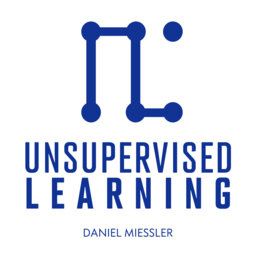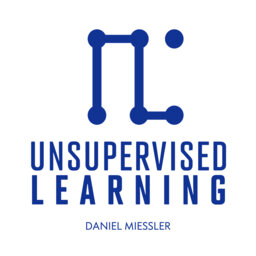UL NO. 486 STANDARD EDITION: Fully Automated AI Malware (Binary and Web), My Debate with Marcus Hutchins on AI and more
UL NO. 486: STANDARD EDITION: Fully Automated AI Malware (Binary and Web), My Debate with Marcus Hutchins on AI, The 'Did You Notice?' Psyop, The METR AI Metric for Longterm Tasks, and more...
You are currently listening to the Standard version of the podcast, consider upgrading and becoming a member to unlock the full version and many other exclusive benefits here: https://newsletter.danielmiessler.com/upgrade
Read this episode online: https://newsletter.danielmiessler.com/p/ul-486
Subscribe to the newsletter at:
https://danielmiessler.com/subscribe
Join the UL community at:
https://danielmiessler.com/upgrade
Follow on X:
https://x.com/danielmiessler
Follow on LinkedIn:
https://www.linkedin.com/in/danielmiessler
In 1 playlist(s)
Unsupervised Learning
Unsupervised Learning is about ideas and trends in Cybersecurity, National Security, AI, Technology,…Social links
Follow podcast
Recent clips

Judge AI based on Output, Not Mechanism
06:58

Humans Need Entropy
04:19

Why I Think Karpathy is Wrong on the AGI Timeline
09:54
 Unsupervised Learning
Unsupervised Learning